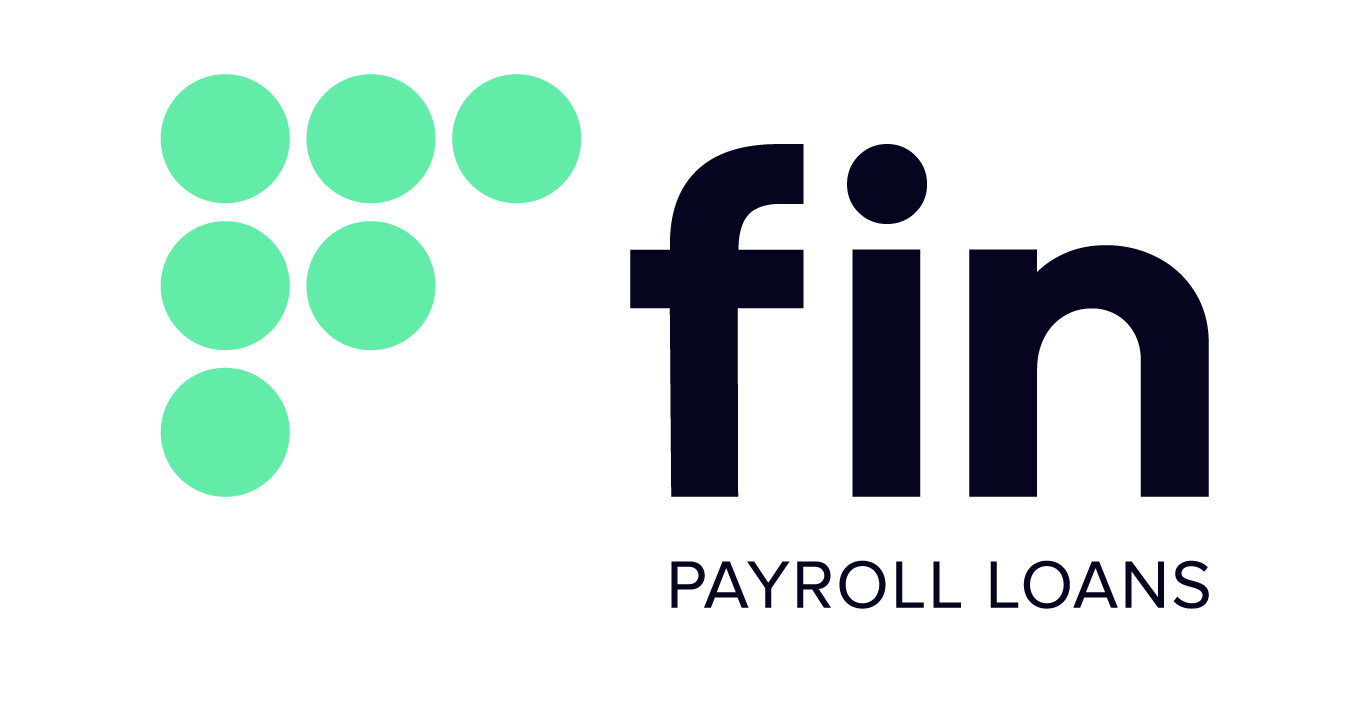Money can be a stressor for all South Africans – but women often worry about it the most. Gender inequality in the workplace is a well-documented reality. While significant strides have been made to remedy the situation, much work remains. The first step is understanding the gender nuances of the working environment and the female employee experience.
According to the State of Employee Wellbeing Barometer, South African men rate their working environment more positively than women.
What is now well understood is that financial stress in the workplace has a direct impact on productivity. It has become apparent that women are more likely to stress about finances, so we are looking at what can be done in the workplace to support female employees.
The gender dimension of financial stress
A recent study that measured and analysed the experiences of a sample of South Africa’s working population found that almost 75% of employees rated their financial stress as a medium to high.
In South Africa, losses in productivity equate to 128 million days, which accounts for R38 billion. Research shows that this issue has compounded further amongst female employees as gender nuances are present within a workforce. The most notable of these is that women are more likely than men to attribute their financial stress to the pressures of caretaking and the cost of maintaining a household.
The financial stress women experience can be attributed to remuneration, working conditions, and opportunities for training and development and is compounded by the weight of their domestic responsibilities. The data points to the fact that women, as they are the majority of primary caregivers, shoulder a more significant part of the burden of running a household both in a domestic and financial sense.
This should not be a surprise given that almost half of all South African households, 42,1%, are headed by women. This highlights the need for companies to implement gender-informed well-being policies and initiatives to address their financial stress and bring about meaningful and lasting change in the female employee experience. These gender-specific challenges must be addressed in the workplace because the stress ultimately affects your company’s bottom line.
Create an inclusive employee experience
Working towards a better employee experience requires a multi-faceted approach, including, but not limited to, aspects such as fair compensation. Additionally, for women in particular, access to learning and training opportunities are valued more highly when compared to their male counterparts.
1. Increase confidence in financial literacy
Financial literacy, the ability to understand and effectively use financial tools, is the key to making informed financial decisions. It helps individuals make intelligent investments, save for retirement, and build resilience to economic shocks like the one endured globally during the COVID-19 pandemic. However, women consistently score lower than men on financial literacy measures.
This poses a problem as women are likely to take primary responsibility for childrearing, make important daily decisions about allocating household resources, and have a significant role in transmitting financial habits and skills to their children. Hence, they need to have adequate financial skills not only for themselves but also for future generations.
Financial literacy is needed to improve women’s management of their personal and household finances and empower them to choose and access appropriate financial services and products. Financial literacy plays a foundational role in complex decisions like investing and insurance.
According to studies, the two most significant ways women neglect their financial wellness are:
- Not creating a budget (or sticking to it)
- Accruing too much debt
This is where partnering with a financial wellness provider such as SmartAdvance can help your female workforce. A focal point of financial wellness programs should be financial education and training. Financially literate employees manage their money with more confidence and have a better chance of handling the inevitable ups and downs of their financial lives and how to address any issues that may arise.
SmartAdvance assists your employees through educating and training them to:
Create and Maintain a Budget
The first step for women to build their finances must revolve around controlling their expenses.
The best way to do this involves creating and using a budget. With a budget, they develop a plan of action that helps them allocate their income into five standard headings: gifts, saving and investing, paying bills, paying debts, and enjoyment.
Budgeting helps them understand where their money comes from and where they plan to spend it.
Advise your employees to follow these basic steps to make a basic budget:
- Know where you are. Write down the following:
- How much and how often does your money come in?
- How much and how often are you spending?
- Categories. Separate income and expenses into the following categories:
- Fixed and variable income
- Regular and irregular income
- Fixed and variable expenses
- Regular and irregular expenses
- Capture. Capture all of your Budgeted income and expenses onto a spreadsheet/template.
- Calculate budgeted amounts.
- Record and monitor actual amounts. This total is then captured under the actual column on your budget spreadsheet/template.
- Calculate variance (difference). Calculate the difference between your budgeted amount and the actual amount for each income and expense category.
- Update and repeat. Repeat the process the next time.
Along with identifying and eliminating unnecessary expenses, they can also use a budget to set limits on their spending and prioritise their debt repayments.
Debt Prevention
The best way to encourage your female employees to live debt-free starts with advising them how to stay out of it in the first place. Provide your employees with these tips to help them live debt-free:
- Choose to pay with cash whenever you can.
- Avoid putting yourself in a position where an impulsive purchase becomes likely (e.g. grocery shopping after work, taking a credit or debit card to go “window shopping”, etc.)
- Set a spending limit on your budget and stay within it.
- Only take out a loan to repay another loan if it lowers the interest and has you out of debt faster.
- Consult with a financial wellness provider such as SmartAdvance if you feel that you cannot consolidate your debt repayment on your own.
This helps employees navigate the pitfalls of debt by creating an understanding of it. This includes the benefits of repaying and avoiding debt. This enables employees to seek out the lowest interest rates when applying for loans and pay off monthly credit card balances to avoid interest charges. They can select the best methods to get out of debt if they have already accrued such debt.
Financial literacy and women empowerment can go hand in hand. Increasing financial literacy can give women a more precise roadmap to their careers. It might help them achieve their life goals more effectively or do both.
2. Improve financial capability
Globally, microfinance institutions (MFIs) provide more than 140 million low-income clients with credit and savings services, most of whom are women. Researchers have found that female borrowers pay back microfinance loans at higher rates than men, which means targeting women can benefit an MFI’s bottom line.
Out-of-date, gender-based lending practices often mean female consumers are more likely to get higher interest rates, smaller loan amounts and increased penalties for mistakes. Newer, innovative lending methodologies, using alternative or cash flow data, show incredible potential for increasing credit access, particularly with low-income women. Using such alternative data SmartAdvance allows your company to enhance the financial well-being of your employees by providing a selection of low-risk credit options.
SmartAdvance gives your employees the option of using low-risk credit by giving them access to our array of financial products:
- Rehabilitation loans – R50 000 over 36 months to provide the means to clear all debt, clear judgements and debt review and lead them to a path of financial freedom.
- Personal loans – Customers can access safe and affordable finance for up to R30 000 over 30 months for essential expenses.
- Developmental credit – Supporting local communities by building their dream home.
We’ve shown that women are more likely to be negatively affected by financial stress, leading to decreased productivity, performance, and morale. This can have a monetary impact on your business. Knowing this, does it not make sense to plan for this and help your employees alleviate financial stress by partnering with a company specialising in financial wellness education and safe, affordable, and valuable financial products?
Get in touch with SmartAdvance today to see how we can help employers and employees.
Email: [email protected]
Call: 012 045 0606
WhatsApp: 012 045 0606


